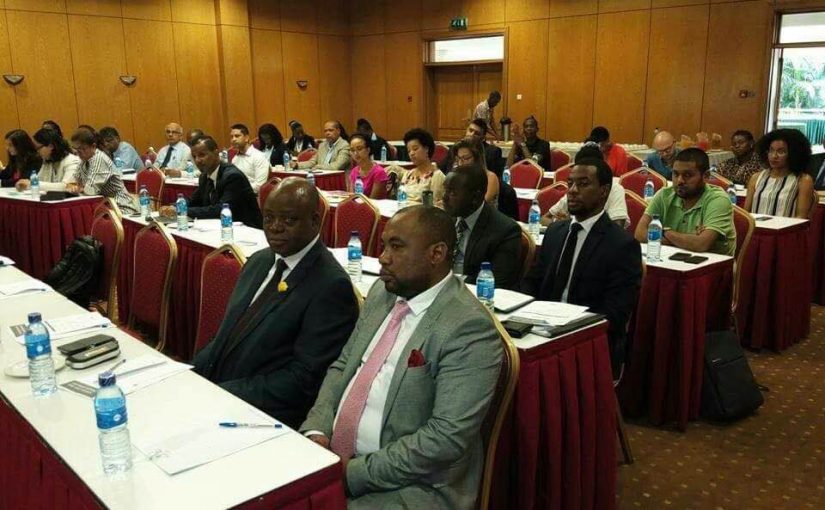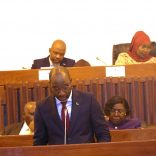Sedna Africa to deploy private mobile network at Beira Port, Mozambique
Entrepreneurs debate international double taxation – Mozambique

Participants in the meeting. Photo: Facebook
Double taxation is a focus of much concern in the Mozambican business sector. The problem is that it is an obstacle to investment and mobility, and means that a person or company is being taxed twice for the same income.
To address the problem, the first step is to expand the number of double taxation agreements signed by Mozambique as foreign investment, capital and qualified personnel are attracted. Signing such agreements, avoiding or reducing this constraint, identifying the main trading partners with which the country does not yet have agreements and negotiating and concluding such partnerships is a matter of urgency.
At the conference that brought together national business and young accountants to address this issue, business owners raised issues related to the procedures and policies involved.
Kekobad Patel, chairman of CTA’s fiscal policy and foreign trade department, wants to see what is being done, what is going on in the country, and whether legislation comes up to international standards. Otherwise, it would be necessary that agreements that have already been concluded are updated, since they follow the law of 2010.
“We want to know clearly how we are dealing with this, what are we doing, what benefits double taxation agreements are bringing to Mozambique,” Patel added.
Another aspect raised by the business sector has to do with the effective extension of the tax base. Businesspeople also demanded access to the processes of capital gains and how they are calculated.
As a guarantee of continuity and passing on knowledge, the training of all stakeholders was also on the table. This training should cover the entrepreneurs involved, Tax Authority agents and even judges, because if there is no technical know-how, execution will be difficult.
Once the challenges of taxation are identified, the message remains that there is still much work to be done.
For Dutch company Leoff Loyef tax adviser and lawyer Bruno da Silva, signing double taxation agreements means that investors can feel more confident and clear about the real fiscal conditions of doing business in Mozambique.
“The main idea is to guarantee the interests of the state, which is to obtain revenues, coupled with the interest of the private sector that is to maintain a favourable investment environment,” he says. “We must ensure that the country earns its share of the profits generated here without foreign investment being taxed excessively.”
By Ivanilze Duque












Leave a Reply
Be the First to Comment!
You must be logged in to post a comment.
You must be logged in to post a comment.